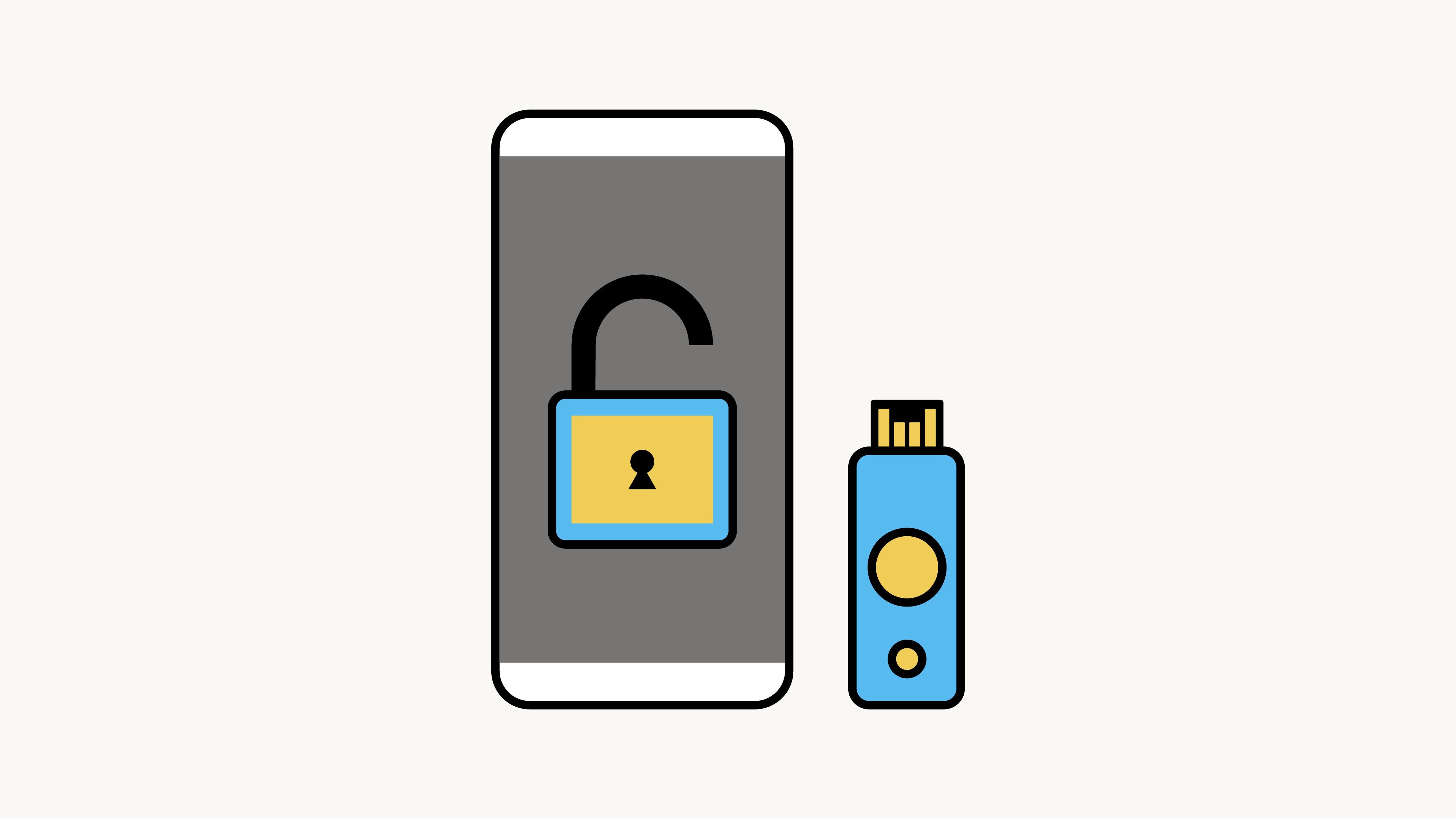Google wants to get digital keys and mobile IDs working on Android
A coalition is already working to offer integrable solutions to OEMs

Google has formed a new Android Ready SE Alliance in its bid to push the use of tamper-resistant Android devices for everyday use cases such as digital keys.
The search engine giant reasons that most modern phones now include tamper-resistant hardware known as a Secure Element (SE) such as the Titan M chip that was rolled into the Pixel 3 launched in 2018. Google now hopes to bank on the SE to extend the use of Android devices for use as tamper-proof digital keys, ePassports, mobile driver’s license, and more.
“SE vendors are joining hands with Google to create a set of open-source, validated, and ready-to-use SE Applets,” share Sudhi Herle and Jason Wong, senior members of the Android team.
We're looking at how our readers use VPN for a forthcoming in-depth report. We'd love to hear your thoughts in the survey below. It won't take more than 60 seconds of your time.
- Check out our roundup of the best endpoint protection software
- Secure your credentials with one of the best security keys
- Make sure you use one of these best password managers
Coming soon
The Android Ready SE Alliance is described as a coalition of SE vendors and device manufacturers that are all interested in bringing the use cases listed earlier on to Android devices.
Besides Google, the alliance currently includes Giesecke+Devrient, Kigen, NXP, STMicroelectronics, and Thales.
In addition to announcing the alliance, Google also launched the StrongBox applet, which it describes as a tool for storing cryptographic keys.
The duo make it a point to highlight that StrongBox isn’t just restricted to phones and tablets, and is in fact also designed to work on WearOS, Android Auto Embedded, and Android TV.
Are you a pro? Subscribe to our newsletter
Sign up to the TechRadar Pro newsletter to get all the top news, opinion, features and guidance your business needs to succeed!
“We already have several Android OEMs adopting Android Ready SE for their devices. We look forward to working with our OEM partners to bring these next generation features for our users,” they conclude.
- We’ve also rounded up the best identity theft protection tools
Via: Engadget
With almost two decades of writing and reporting on Linux, Mayank Sharma would like everyone to think he’s TechRadar Pro’s expert on the topic. Of course, he’s just as interested in other computing topics, particularly cybersecurity, cloud, containers, and coding.
